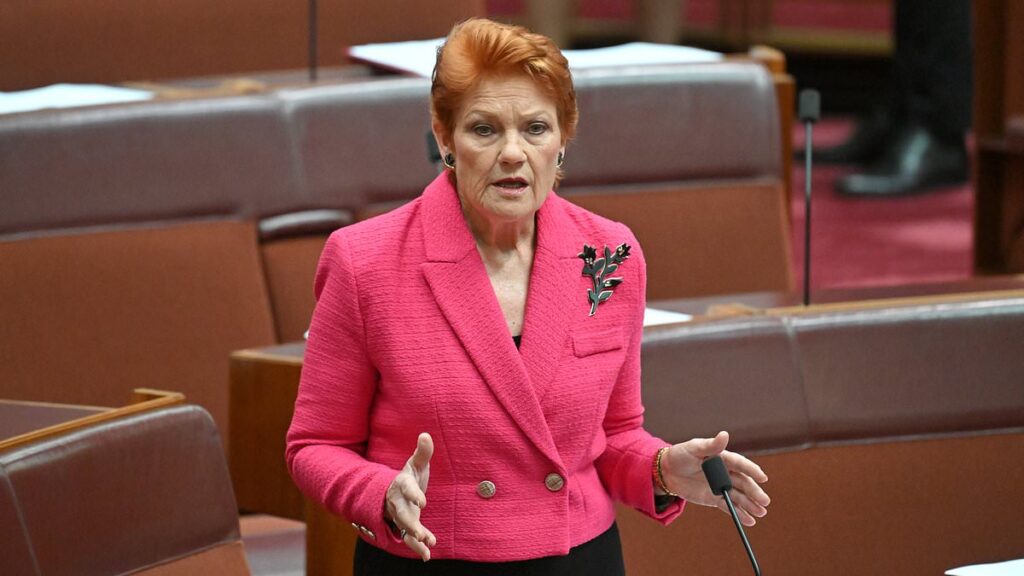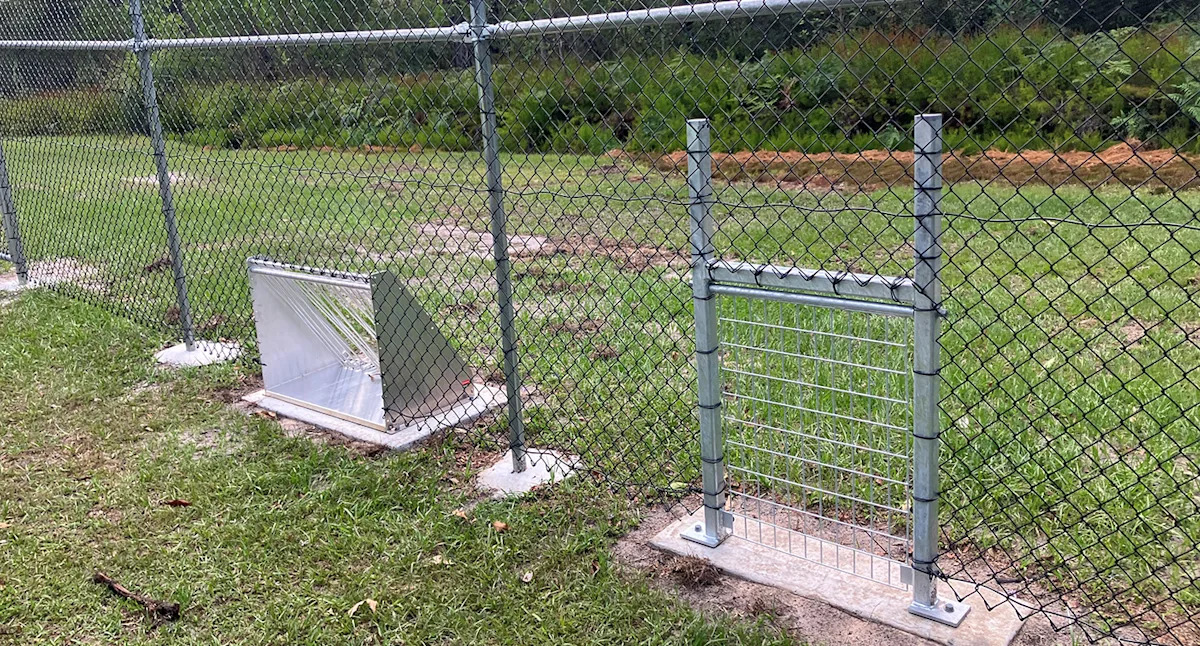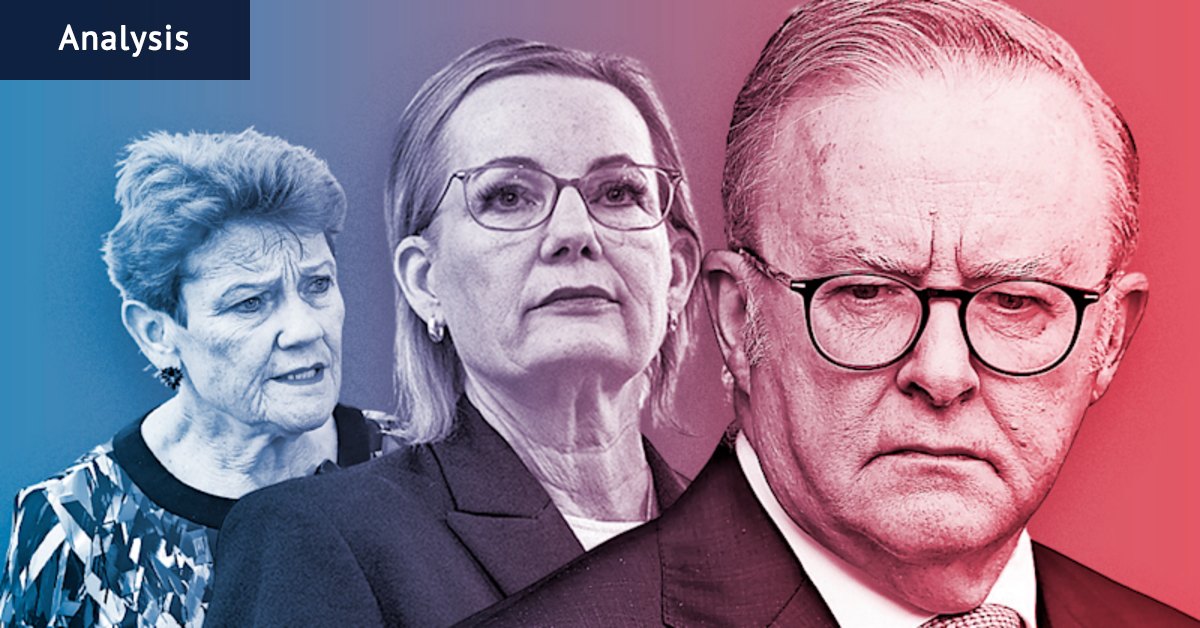
Hundreds of Aboriginal businesses receiving taxpayer funding have failed to submit all of their required documents, sparking a call for a comprehensive audit from Senator Pauline Hanson. A report published on August 6 revealed that 1,254 Aboriginal and Torres Strait Islander businesses did not lodge necessary general, financial, auditor, or director reports during the 2023-2024 financial year.
Among these, 26 firms were classified as ‘large’ with incomes exceeding $100,000, according to the Office of the Registrar of Indigenous Corporations (ORIC). This number has risen significantly from the previous financial year, where 792 companies failed to submit the required documentation.
Political Reactions and Calls for Accountability
The revelation has prompted strong reactions from politicians, notably from One Nation Senator Pauline Hanson, who on Thursday called for a widespread audit. She emphasized the need for transparency and accountability, stating, “Some of these organisations have eight or nine-figure budgets and millions of dollars worth of assets, with CEOs earning wages well over $250,000.”
‘One Nation renews our call for a comprehensive audit of this corrupt, nepotistic Aboriginal industry that is preying on Australian taxpayers,’ Senator Hanson declared.
Hanson argued that the current system is failing to provide meaningful assistance to Indigenous Australians in need and criticized it for not making significant progress in closing the gaps over decades.
Criticism of Regulatory Framework
Senator Hanson also criticized the Corporations (Aboriginal and Torres Strait Islander) Act 2006, which operates independently from the legislation overseen by the Australian Securities and Investments Commission (ASIC). She lamented the “reduced compliance required of Indigenous corporations,” asserting that they are not even meeting these lowered standards.
‘There will never be meaningful progress in closing the gaps until those charged with closing them are held accountable,’ she said.
She further criticized Indigenous Australians Minister Malarndirri McCarthy for focusing more on cultural protocols than enforcing compliance with the law.
Broader Political Implications
Coalition Indigenous affairs spokeswoman Kerrynne Liddle echoed the sentiment, describing the findings by ORIC as “unacceptable.” She emphasized that organizations receiving taxpayer money must meet all regulatory, governance, and legislative standards.
‘Where they do not, it is fair to question whether they are delivering services as intended,’ Liddle remarked.
She also criticized the Albanese government for not addressing the issue effectively, stating, “If the Albanese Government, now in its fourth year, is serious about closing the gap it must not fund those organisations found to be serially non-compliant.”
Government’s Stance
The Albanese government has responded by indicating that reporting is under the jurisdiction of the independent regulator. A government spokeswoman told the Herald Sun that the management of reporting by Indigenous organizations is a matter for ORIC.
‘ORIC’s independent regulation is fundamental to the accountability of the diverse First Nations corporate sector registered under the … Act,’ she noted.
As the debate continues, the call for a comprehensive audit underscores the ongoing challenges in ensuring accountability and transparency in the management of funds intended to support Indigenous communities. The outcome of this call for an audit could have significant implications for how these funds are managed in the future.






